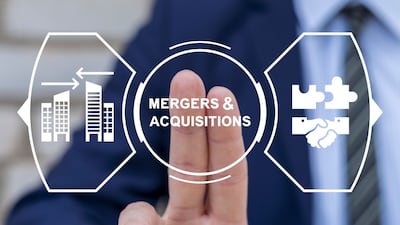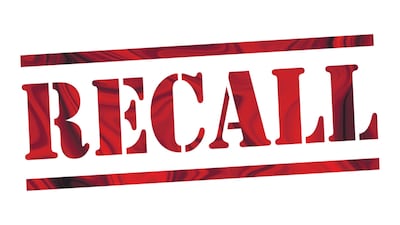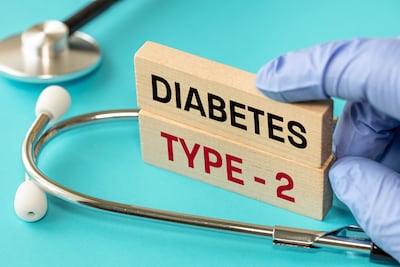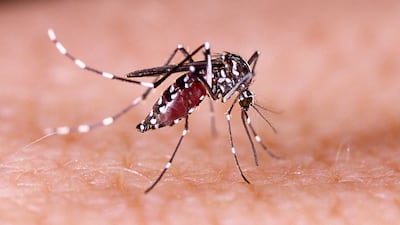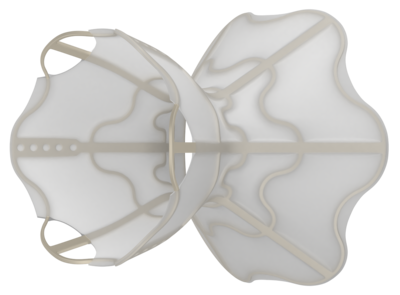Deals
When a large medtech company sets up a venture fund, it typically invests in technologies that are adjacent to its pre-existing portfolio. Intuitive Surgical’s approach is different.
Spain has one of the highest incarceration rates in Europe, with 160 individuals imprisoned per 100,000 residents. In 2020, 43,494 people were incarcerated in facilities not managed by regional health authorities — essentially all regions except Catalonia, the Basque Country, and Navarra.
Biopharmaceutical giant AstraZeneca has partnered with start-up “unicorn” Owkin to develop an AI-powered tool to prescreen for gBRCA mutations on the basis of morphological features in digitized pathology slides. Built on extensive, high-quality data sourced from the France-based PortrAIt consortium, the AI will help to prioritize patients for further testing, streamlining the diagnostic process, Owkin says.
<p>Executive Summary</p> <p>An interactive look at medtech and diagnostics deals made during August 2024. Data courtesy of Biomedtracker.</p>
This week, the FDA announced a new head of its device evaluation office; synthetic genomics firm Constructive Bio landed $58m in funding; and Natera got a permanent injuction against NeoGenomics Labs' RaDaR assay.
Tim Schmid, executive VP and worldwide chairman of J&J MedTech, expects Shockwave, acquired in April, and Abiomed, purchased in late 2022, to be “long-term gems” for the company. Cardiovascular is among higher-growth segments where J&J has concentrated investments in recent years, along with robotic surgical systems.
The US FDA has published a trio of draft guidance documents for its Assessment Scheme for Conformity Program, which began as a pilot in September 2020 to capitalize on the role of standards in the regulation of medical devices.
UK-based Biocomposites will begin selling in the UK its next-generation osteoinductive bone graft substitute, NanoBone, which came with its acquisition of Artoss GmbH in June 2023. Meanwhile, the company has purchased remaining shares in the manufacturers of SYNICEM and Subiton antibiotic bone cements and preformed antibiotic-loaded spacers.
Edwards Lifesciences’ Critical Care business “invented the hemodynamic monitoring category, and its solutions are currently used in more than 10,000 hospitals globally to better understand the cardiovascular condition in real-time for critically ill patients, which helps improve outcomes,” says BD, which sees synergies and new innovation opportunities across the groups’ data sets and platforms. Acquired for $4.2bn cash, Critical Care generated more than $900m in revenue in 2023.
This week, a Delaware court awarded Auris Health shareholders $1bn in a lawsuit against Johnson & Johnson; Abbott recalled some FreeStyle Libre 3 sensors; and McKesson purchased a controlling interest in a Florida cancer care chain.
Inari Medical is updating use instructions for a clot-removing catheter due to the potential for serious adverse effects, including death.
The Acton, MA-based tubeless insulin pump specialist expands its indication for the Omnipod 5 AID system beyond type 1 diabetes as FDA authorization for type 2 comes sooner than Wall Street expected. Analysts expect clearances of rival systems from Tandem Diabetes Care and Medtronic in 2025, but believe Insulet is well-positioned to compete.
Two years after the EU adopted the original common specifications for certain products under the IVD Regulation, the commission has added new products and updated its requirements.
Getinge says it plans to pay about $477m for organ transport and services company Paragonix Technologies in an effort to “redefine the market standard in transplantation.”
J&J buys heart failure implant company V-Wave, whose Ventura Interatrial Shunt could be the first device of its kind aimed to reach the roughly 800,000 patients in the US who experience heart failure and reduce ejection fraction every year.
Hello Heart has introduced a symptom tracking feature in its app, allowing users to log feelings of dizziness or shortness of breath in conjunction with blood pressure readings. The enhancement will help all users to monitor cardiovascular risks, but women in particular could benefit, the company suggests.
The Seattle-WA-based company’s latest capital raise follows study results published in July in which Know Labs’ proprietary non-invasive RF dielectric sensor and machine learning algorithms correctly classified participants’ glycemic status as hyperglycemic, normoglycemic, or hypoglycemic with 93.37% accuracy compared with venous blood glucose values. Know Labs' goal is to commercialize a diabetes screening device that could help to funnel undiagnosed patients into the health care system.
Global investment firm Carlyle has agreed to pay $3.8b for Baxter International’s Kidney Care unit. The newly spun-off business will be known as Vantive.
Global investment firm Carlyle has agreed to pay $3.8b for Baxter International’s Kidney Care unit. The newly spun-off business will be known as Vantive.
Unilabs and C2N Diagnostics signed a multi-year agreement that will expand access to C2N’s Alzheimer’s tests in Europe and other countries.







